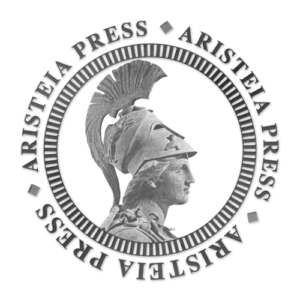Nietzsche
‘Men do not want a religion on those terms. Tell them that they are morally free, and they will shrink from the burden. Not every man is capable of following the Outsider’s hard road to belief. Men do not want ‘moral self-leadership’; they want ‘bread and circuses.’ The men who are capable of carrying the burden of their own freedom are very rare. This is the observation which led Nietzsche to the doctrine that has made him most hated — his ‘Master-and-slave’ morality, which teaches that the human race is divided into masters and slaves: the masters capable of immense will power, immense suffering, immense self-discipline; the slaves too short-sighted to want anything except material necessities and a leader to obey.’
‘And yet Nietzsche’s doctrine is no more than a flat statement of the moral hidden in Dostoevsky’s fable of the Grand Inquisitor. The problem we face today is still the problem that the Grand Inquisitor stated: that Christ’s teaching ‘Be your own leader’ will never suit the majority of men.’
‘Nietzsche summarised his objections:
What is good? Everything that heightens the feeling of power in man, the will to power, power itself.
What is bad? Everything that is born of weakness.
. . . Pity stands opposed to the tonic emotions which heighten our vitality. . .’
‘But it was not ‘God’ and ‘Christianity’ that Nietzsche was attacking; it was the unreal shadows of these things that passed for reality in the Church of his day, and still pass today. What Nietzsche was interested in — and Boheme, too — was ultimate reality.’
‘Nietzsche was naturally an ascetic, a man of tremendous self-discipline, who preferred to concentrate on the positive need to strengthen one’s vitality rather than on the negative crushing of the personality by subjecting it to indignities.’
‘For Nietzsche, as for all great Outsiders, the passion for truth was a discipline — the discipline by which he became a visionary.’
‘Nietzsche asks: ‘What is happiness?’ and answers: ‘The feeling that power is growing; that resistance is overcome.’
‘Nietzsche knew that the ideal of ‘universal peace’ is a false ideal; man will always attempt to create opportunities for the heroic.’
‘Nietzsche and Shaw both believed that the force behind life aims at the creation of higher and higher types of men — and ultimately, at the Superman, or Saint, or god. They believed that life aims at this god-creation slowly and inevitably, as a glacier moves.’



